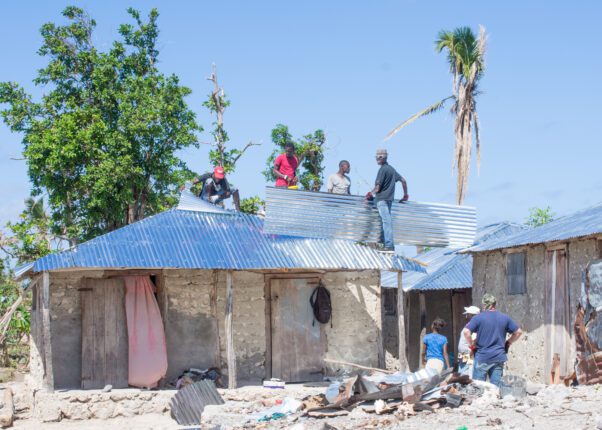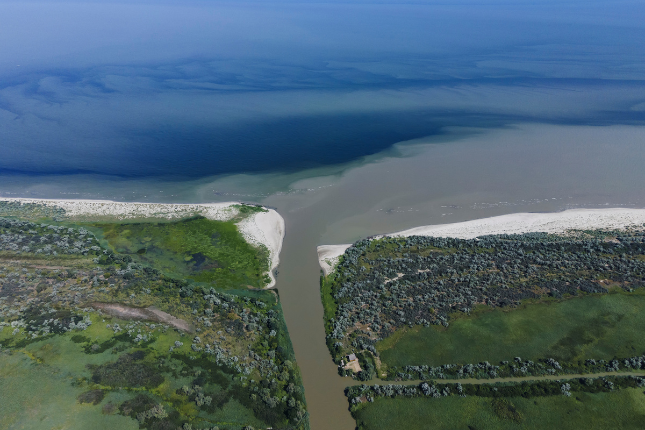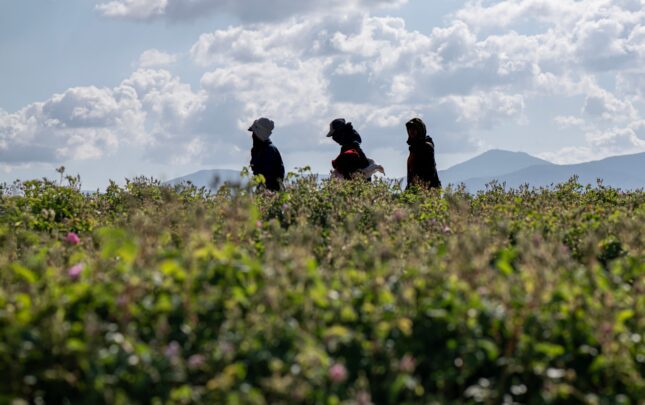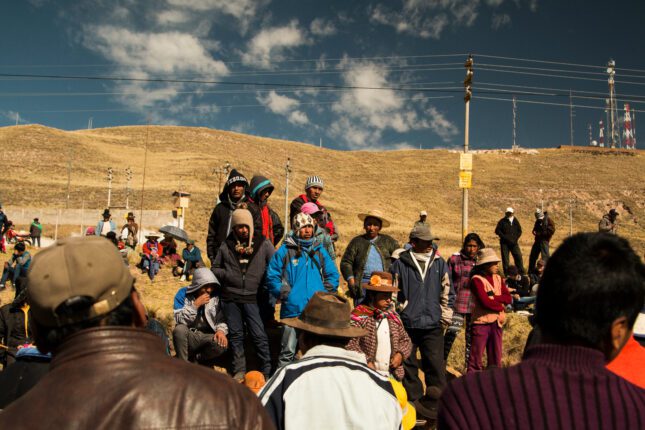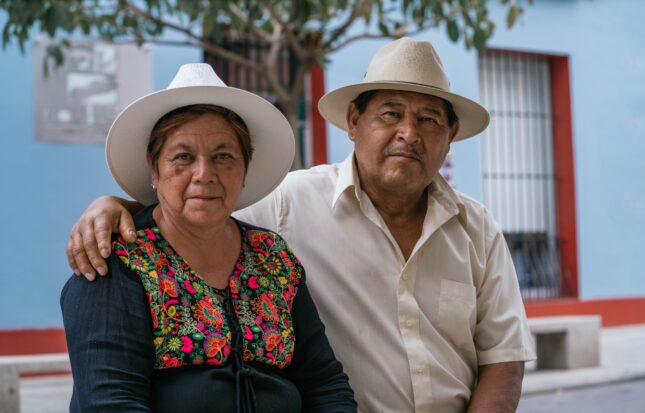-
Guest Contributor
Plotting the Future of U.S. Foreign Aid
MORE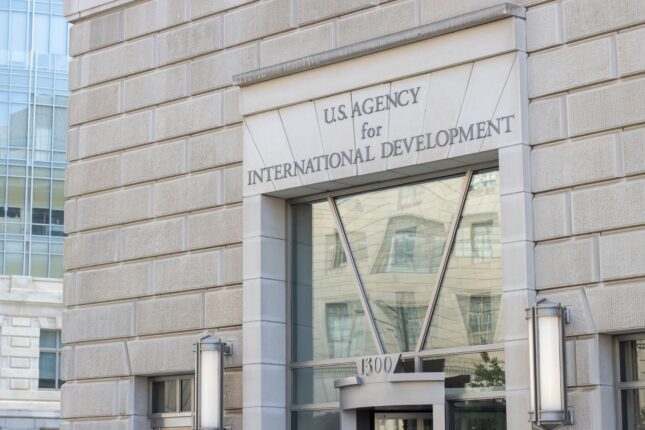
When Secretary of State Marco Rubio formally declared the “era” of USAID over on March 28, 2025, it represented an extraordinary sea change for US foreign aid deployed over the past six decades.
Yet the world has changed dramatically since the U.S. Agency for International Development (USAID) was established by the Foreign Assistance Act of 1961 in the middle of the Cold War. So, there is every reason to thoughtfully consider what foreign aid should look like today as we navigate an era of Great Power Competition (GPC).
-
Guest Contributor
In the Wake of a Tropical Cyclone: Turning to Violence or Building Peace?
MORE
“It seems like the news is always bad, right?” observed retired climate and atmospheric scientist James Kossin in a BBC interview last autumn.
Kossin was describing how climate change is weakening the wind shear patterns that have helped lessen the impacts of tropical cyclones in the United States. And, indeed, there is mounting evidence for his observation.
-
Guest Contributor
Harnessing the Benefits of Water Cooperation in an Increasingly Complex World
MORE
In an era of apparent decline in international cooperation and rising crises, freshwater offers an area in which joint approaches remain absolutely essential—especially since water often transcends the boundaries of nation-states.
Cooperation has long been the preferred approach in dealing with water resources shared with neighboring countries. Since the first—and so far, only—water war in 2550 B.C.E., states have favored cooperative action over conflict to manage, protect, or develop our planet’s 313 transboundary surface water basins and 468 transboundary aquifers.
-
Guest Contributor
Can Climate-Resilient Agriculture Become an Engine for Syria’s Post-Conflict Recovery?
MORE
Syria finds itself at a crossroads. Faced with the imminent need to prevent a relapse into renewed short-term insecurity, its government also must start to develop longer-term strategies to support recovery.
Generating peace dividends for Syria’s embattled population requires confronting the ecological threats which currently undermine basic human security across the country. Nowhere do these threats emerge more prominently than in its agricultural sector. Ensuring that this essential sector lives up to its potential as an engine for economic stabilization and peace will require a set of targeted – and climate-sensitive – investments and interventions.
-
Eye On
Environmental Peacebuilding: The Year in Review and the Year Ahead
MORE
As 2025 marches into its third month, the governance challenges that accompany rising demand for natural resources are not only on the front burner—they are proliferating—and becoming entangled with the drivers of conflict and cooperation.
The heated competition for resources has bubbled up in a proposed billion-dollar deal for Ukrainian minerals now making global headlines. The view that critical minerals like lithium, manganese, and others could become bargaining chips in potential peace talks demonstrates how central they’ve become to global competition—and to the economic and political future of countries around the world.
Topics: climate change, conflict, critical minerals, democracy and governance, environment, environmental justice, environmental security, Eye On, foreign policy, human rights, Indigenous Peoples, international environmental governance, just energy transition, land, livelihoods, meta, minerals, mining, natural resources, risk and resilience -
Eye On
ECSP Weekly Watch | March 10 – 14
MORE
A window into what we’re reading at the Wilson Center’s Environmental Change and Security Program
Congo Takes Apple to Court (Foreign Policy)
The Democratic Republic of the Congo has filed criminal lawsuits against Apple subsidiaries in France and Belgium, alleging that the company profits from smuggled conflict minerals laundered through Rwanda. This legal action follows the seizure of key mining areas by M23 rebels, which has further fueled a conflict that already has killed over 8,500 people. Apple denies the claims, stating that it ordered its suppliers to suspend sourcing from Congo and Rwanda.
-
Guest Contributor
High Standards in Mineral Supply Chains: A Business Case
MORE
Much of the current narrative surrounding critical minerals puts speed and competition in the foreground. Yet the how of mining matters immensely to create and maintain stable mineral supply chains. Reliable and diversified supply chains create win-win scenarios for all stakeholders by incorporating best-in-class environmental standards and true community partnerships.
-
Dot-Mom // Guest Contributor
Mexico Is Growing Old. Can It Build a Care System in Time?
MORE
Elvia León, the youngest of seven children, wanted to leave Bomintzhá back in 1987. “I told my mother that I didn’t want to live in that kind of poverty, and she supported me.” Her father was less pleased with her plans to abandon their small community in Mexico’s Hidalgo state to study in the city of Querétaro. “The culture here is that women are meant to be at home, doing domestic chores.”
 A Publication of the Stimson Center.
A Publication of the Stimson Center.

